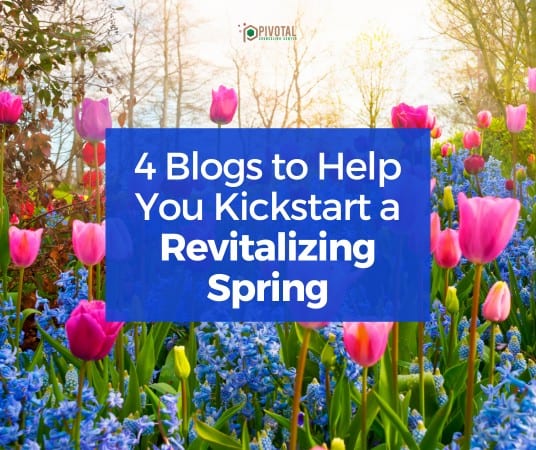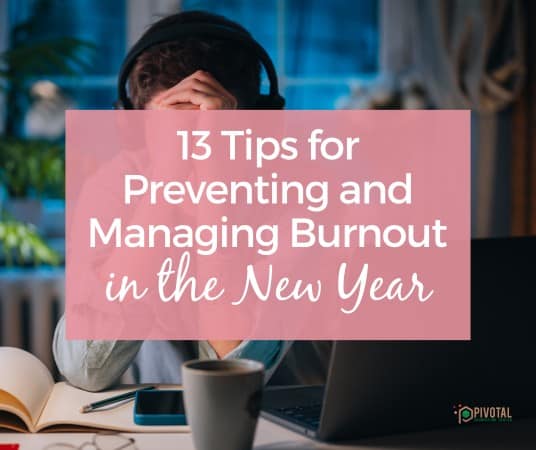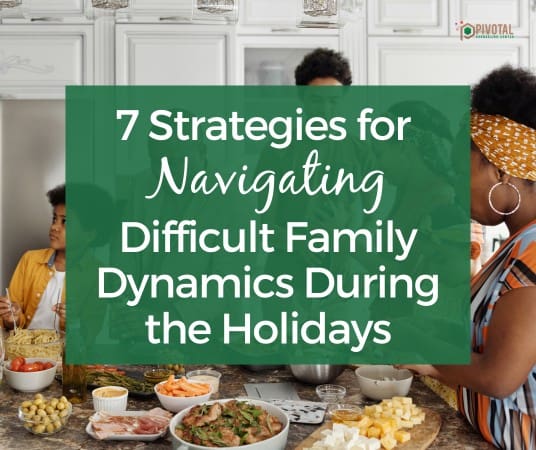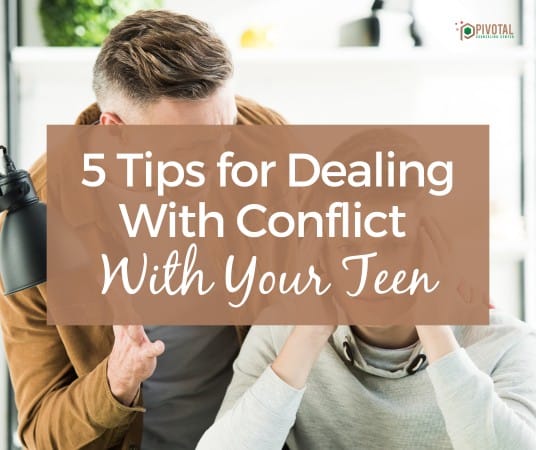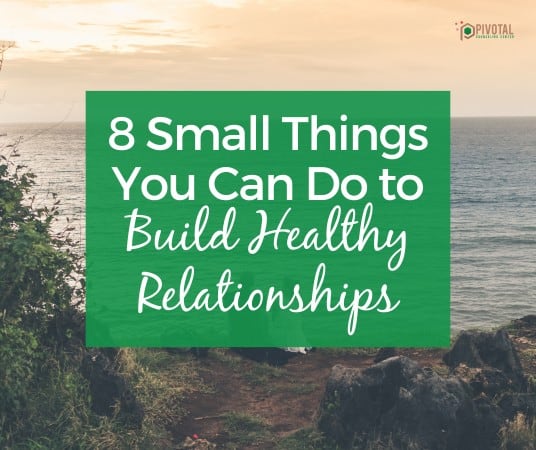
Social Anxiety Disorder is when you become so nervous about being in a group of people that the anxiety may prevent you from living life and enjoying your time in groups. This may be with family or friends, at work, or going to a large event like a party. For whatever reason, you may begin to feel so nervous about going that you anticipate all of the things that will make you feel uncomfortable.
What if someone walks up to me and I don’t know them? What if I trip and fall? What if I spill something on my shirt? What if I get lost and walk in after things have started? What if they call on me and I have to say something in front of everyone?
While we all have these fears, Social Anxiety Disorder takes it to a new level. Most of us will overcome this fear and if something like that happens we will work through it. A person with Social Anxiety Disorder may become so anxious that they avoid the event all together, feign illness in order to avoid the stressful situation, or attend and become so worked up that they have to leave for fear of panicking. This can lead to missing days at work, losing out on opportunities to see family and friends, feeling isolated, and loved ones being disappointed that they are going to a party alone again or that they have to leave early.
A Story
Let’s use the holidays as an example because this is one most of can relate to.
Joe and his wife, Emily, are discussing their plans for Thanksgiving Day. “The big day is tomorrow and we have to go to my mom’s house first for a big breakfast and then we will go to your parents for dinner,” says Emily. Joe smiles at Emily, although his insides are twisting at the thought. Emily loves big get togethers with the family. Joe has been dreading Thanksgiving all week. Joe hates getting together with the family because being around so many people makes his skin crawl. Joe starts thinking about how they will ask him about his job, which he hates, and how they will demand that he cut the turkey. Every year he cuts the turkey and they take pictures of him. “Why can’t we just go to one place instead of both?” Joe knew Emily would be disappointed at this thought. “Oh, just get over it! I don’t know why you get so worked up” says Emily.
Joe had a hard time sleeping that night as he was playing everything through his head. They will want me to eat all of the food and I don’t like breakfast. What happens when they ask about work and the house? My mother-in-law is sure to bring up children again. There is only one bathroom in that house and I don’t want other people to know when I am in the bathroom. It is going to be hot and sweaty and they will want to take pictures. Every year they go around the table and everyone has to think of something clever to say about what they are grateful for. I never know what to say.
Joe works himself into such a tizzy thinking about everything that he ends up with diarrhea from the stress. The next morning Joe has decided he does not feel up to going. “What if I have diarrhea at your mom’s house????” “Every year you do this to me,” says Emily. “Why don’t you want to go? Don’t you like my family? Why can’t you just do it for me?” says Emily. Joe is so panicked by the fear of disappointing Emily and thinking about everything that has to be done that he starts to sweat and feel panicked. He starts breathing heavily and feels like his heart is going to burst out of his chest. Joe starts to pace and tells Emily that he feels like he is having a heart attack. Joe and Emily have been through this before, so they know it is not a heart attack, it is a panic attack from the anxiety. Joe paces around and Emily tells him to breathe slowly until he calms down.
Once he calms down, they decide Emily will go alone and perhaps Joe will meet her at his parents’ house later that day. Joe stays home feeling relieved, but guilty about the position he has put Emily in. Emily leaves the house feeling sad and frustrated.
While most of us can agree the holidays can be stressful, we still go and enjoy ourselves. A person with Social Anxiety Disorder may attend social gatherings, but their fear can become all-consuming depending on the circumstances. Not every person with Social Anxiety Disorder will experience panic attacks, but they do happen. Having a panic attack can be embarrassing. This can make someone with Social Anxiety Disorder want to avoid social situations even more because they are afraid they might have a panic attack in front of others.
Here are some tips to help reduce social anxiety
- Give yourself plenty of time. If you are rushing, then you will already feel anxious. Give yourself time to drive and get there on time. Make sure you are prepared and have everything you need.
- Talk with a trusted loved one or friend and let them know that it can be a struggle. Let them save you from talking to someone you don’t want to talk to or doing something you don’t want to do.
- Do some breathing exercises to help calm you down. If you enjoy exercising, then get some of that energy out before you are going to be around people.
- Avoidance is not the answer! With that said, make a plan that allows for an exit. If you start to feel anxious there are coping techniques you can try before leaving, but make sure you have the ability to go. Here are some ideas: If you are going with family, then bring two cars so you can leave. Take your dog for a walk so you can get a breather. Get away from the crowd by going outside, find a quiet room or sit in your car for a few minutes. Be the person that runs to the store for another bag of ice.
- Talk with a therapist. A therapist can teach you skills that help reduce anxiety and investigate the underlying causes of your anxiety. If your family is having a hard time understanding and the anxiety is causing turmoil in your relationships, then having some sessions with family can help your loved ones become educated and be a part of the solution.
- Consider talking with your doctor about medication options to reduce anxiety. There are medications that can be taken daily to bring your overall level of anxiety down and there are medications that are fast-acting and can be used when needed.
Pivotal Counseling Center has therapists who specialize in depression, anxiety, and other mood disorders. We have locations in Woodstock, Illinois, and Lake in the Hills, Illinois. If you are in need of someone to help, please consider giving us a call at (815) 345-3400.
Pivotal Counseling Center is now accepting Medicaid including Blue Cross Community Medicaid, Meridian Medicaid, and Molina Medicaid for outpatient counseling.



